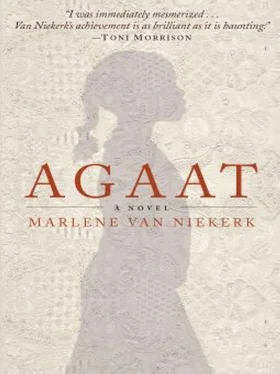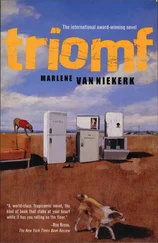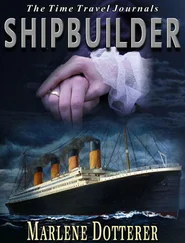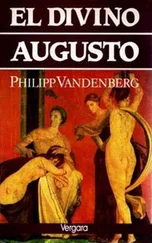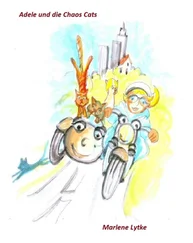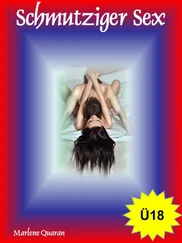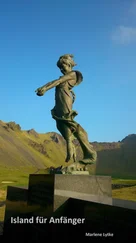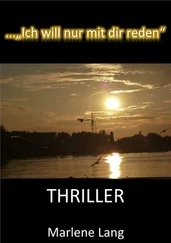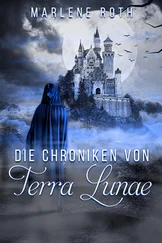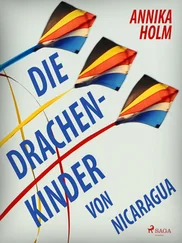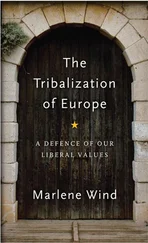Broederbond:An exclusive (originally secret) organisation promoting the economic and political interests of Afrikaners (ODSAE)
daeraad:a strain of wheat (literally dawning)
dagga:marijuana
Die Stem: Die Stem van Suid-Afrika (The Call of South Africa) formerly the only, now joint national anthem
dikkop:stone curlew
dominee:title of and form of address for a minister of the Dutch Reformed Churches
donga:a channel or gully formed by the action of water (OED)
drift:a passage of a river; a ford (OED)
eland:the largest member of the antelope tribe. . much valued for its flesh (OED)
FAK:Federation of Afrikaans Cultural Associations; the song anthology produced by the Federation
frikkadel:a ball of minced meat, fried or baked (OED)
fynbos:Cape macchia, a vegetation type of small, often heath-like trees and shrubs with fine, hard leaves, characteristic particularly of the Western Cape (ODSAE)
galjoen:a sea-fish, Coracinus capensi s (OED)
goffel:an insulting term for a ‘coloured’ person (ODSAE)
grootbos:forest, contrasted with fynbos (q.v.)
hanslam(pl. hanslammers): an orphanes or rejected lamb which is reared by hand (ODSAE)
hotnot:an insulting term of address or reference to a ‘coloured’ person. Also attrib. (ODSAE)
klaaslouw bush:Athenasia
kleinbaas:young or small ‘baas’ (q.v.), junior
kleinnooi:young or small ‘nooi’ (q.v.)
kleintrou:strain of wheat (literally little faith)
klipspringer:small mountain antelope (literally rock-leaper) (ODSAE)
kloof:a deep narrow valley; a ravine or gorge between mountains (OED)
koelie:an offensive term for an Indian person
kokkewiet:the bou-bou shrike
koppie:a small hill, hillock
krantz:a sheer rock face, a precipice (ODSAE)
même:vernacular affectionate term for mother
mies:a term of address to a (white) woman, especially an employer (ODSAE)
oubaas:literally old master, the elderly male owner of a home, farm or business, the employer of the servants and labourers who work there (ODSAE)
oumies:old ‘mies’ (q.v.)
ounooi:old ‘nooi’ (q.v)
oupa:grandfather
nooi:a term of address to a (white) woman
pastorie:the dwelling of a pastor of the Dutch Reformed Church (OED)
riempie:a thin strip of worked leather, used esp. for thonging the backs and seats of chairs, settles, and other furniture (ODSAE)
rooibos:any of several shrubs of the genus Asphalathus, cultivated for their leaves (ODSAE); the tea made from these leaves
rooikrans:invasive yellow-flowered tree, Acacia cyclops (ODSAE)
sis:yuck! expression of disgust
sluit:a ditch
spanspek:sweet-melon
stoep:a verandah or porch, whether open, covered, or enclosed (ODSAE)
tackies:sports shoes or running shoes
tollie:a young ox, a young bull-calf (ODSAE)
tokoloshe:in African folklore, a mischievous and lascivious water-sprite or goblin (ODSAE)
vaaljapie:any rough new wine. . produced privately on farms; any inferior wine (ODSAE)
vastrap:a fast dance similar to the quickstep (ODSAE)
velskoen:an outdoor shoe made of hide
vetkoek:a small unsweetened cake of deep-fried dough (ODSAE)
vlei:a piece of low-lying ground covered with water during the rainy season (OED)
vygie:noon-flower, mesembryanthemum , fig-marigold
WAU:Women’s Agricultural Union
The author and the translator acknowledge the direct and indirect use in the voices of the characters — sometimes with acknowledgment, sometimes not — of textual material from Afrikaans and other (farm) novels as well as poems, in translation, of amongst others Elisabeth Eybers and Wilma Stockenström. In the Prologue and Epilogue there are amongst others quotations from poems by Philip Larkin: ‘Cut Grass’, ‘Arrivals, Departures’, ‘Having grown up in shade of Church and State’, ‘Many famous feet have trod’ and ‘As a war in years of peace’( Collected Poems , 1988, The Marvell Press, Faber and Faber, London), and from a poem by Louis Macneice titled ‘Snow’. In the body of the novel there are phrases from Thomas Elyot, Shakespeare, John Donne and Gerard Manley Hopkins. The Danish poem at the end, ‘Natteregn’, is by Nis Petersen (1897–1943), set to music in 1971 by Jørgen Jersild as part of the song cycle ‘Tre romantiske korsange’.
MARLENE VAN NIEKERK is an award-winning poet, novelist, and short story writer. Her novel Triomf (translated by Leon de Kock) was a New York Times Notable Book, 2004, and won the Central News Agency Literary Award, the M-Net Prize in South Africa, and the prestigious Noma Award, the first Afrikaans novel to do so. Agaat received the Sunday Times Fiction Prize and the Hertzog Prize. Van Niekerk is currently an associate professor in Afrikaans and Dutch literature and creative writing at Stellenbosch University in South Africa.
MICHIEL HEYNS’s novels include The Children’s Day, The Reluctant Passenger , and The Typewriter’s Tale . He has translated two works by Marlene van Niekerk, Memorandum and Agaat , for which he received the English Academy’s Sol Plaatje Award for Translation. He also translated Equatoria by Tom Dreyer (Aflame Books UK, 2008). His latest novel, Bodies Politic , was recently published by Jonathan Ball.
